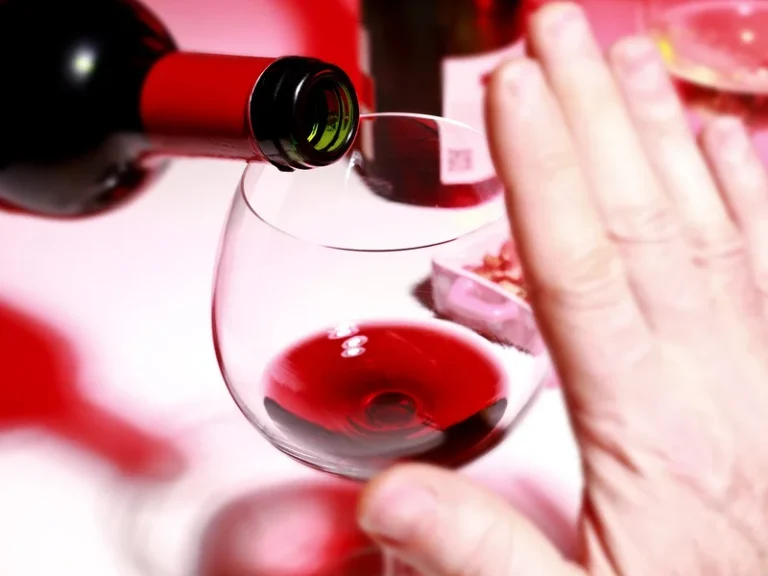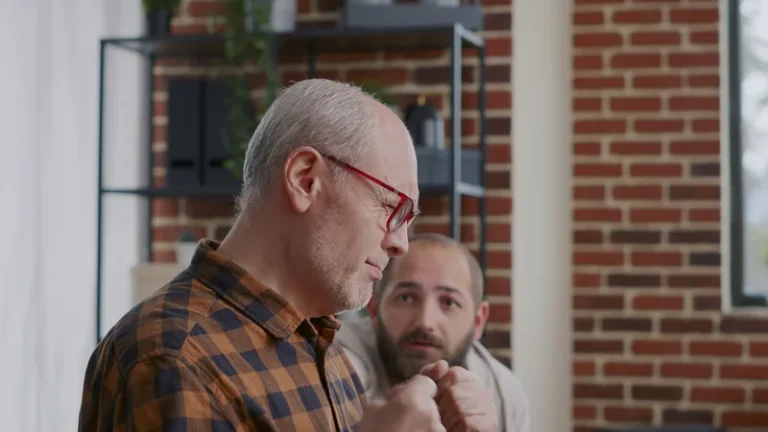
While we can’t control the feelings and thoughts that pop into our heads, we can control what we do with them. The same applies to other distractions like checking our phones too much, eating junk food, or excessive shopping. Rather than trying to fight the urge, we need new methods to handle intrusive thoughts. One common trigger source that is particularly effective at causing distress and drug cravings is smells. There is a wide variety of smells that can serve as a common relapse trigger. People with mental health and addiction problems may be more likely to attain long-term recovery compared to those who avoid setting goals.
What Are Relapse Triggers?

One-on-one mental health treatment can provide new tools to learn how to live with internal triggers. To learn more about how to defeat these triggers, contact Dr. Mark Leeds. Mindfulness is a powerful tool in the recovery process from addiction. Managing external triggers internal vs external triggers is an indispensable part of relapse prevention. Strategies for managing external triggers include avoidance, grounding, and learning how to evaluate the probable consequences of relapse. Ultimately, being aware of and managing external stimuli can help to prevent relapse.
- Also, practicing meditation and keeping a cravings journal or a diary.
- As such, people who want to recover must first prioritize avoidance and safety.
- They can be internal, such as feelings, or external, like coming into contact with people, places, and certain stressors.
- Following are examples of events that might be considered triggers.
- To most benefit from mindfulness, be aware of two broad types of mindfulness and also be aware of the right time to use each one.
- While it can be difficult to control triggers, those who experience them can learn from past experiences, apply what they learn, and limit the risk of being re-triggered.
Keep a Daily Journal and Gratitude List
While many triggers can be negative experiences, it is important to note that positive events can trigger relapsing as well. At the Massachusetts Center for Addiction, we provide personalized, comprehensive treatment programs. We understand that each individual has unique needs, and we offer a variety of treatments, including partial hospitalization programs (PHPs) and intensive outpatient programs (IOPs). Trial and error can help each person determine what works best for them. Remember that different coping strategies may work for different triggers and emotions.
Getting Help for Addiction in Agoura Hills, CA

Your goal should be to detach yourself from the trigger, recenter, and focus on your coping strategy. When you choose to get treatment at North Georgia Recovery Center, you can rest assured knowing that you will be treated by licensed therapists in our state-of-the-art facilities. Every one of our team members is certified to address and effectively treat https://ecosoberhouse.com/ the issues that come along with addiction. Internal triggers refer to emotional or psychological states that evoke thoughts or cravings related to substance use. They originate from within and are often linked to personal feelings or memories. In the context of mental illness, “trigger” is often used to mean something that brings on or worsens symptoms.
How to Regain Trust in a Relationship After Addiction
How to avoid addiction relapse triggers after graduating from drug or alcohol addiction treatment center.
- As such, my first instinct was to ask where they were in the store.
- However, if avoidance hinders your ability to function, you should seek help.
- Sometimes, we need to talk with someone else to manage our stress to be our best selves possible.
- One common trigger source that is particularly effective at causing distress and drug cravings is smells.

